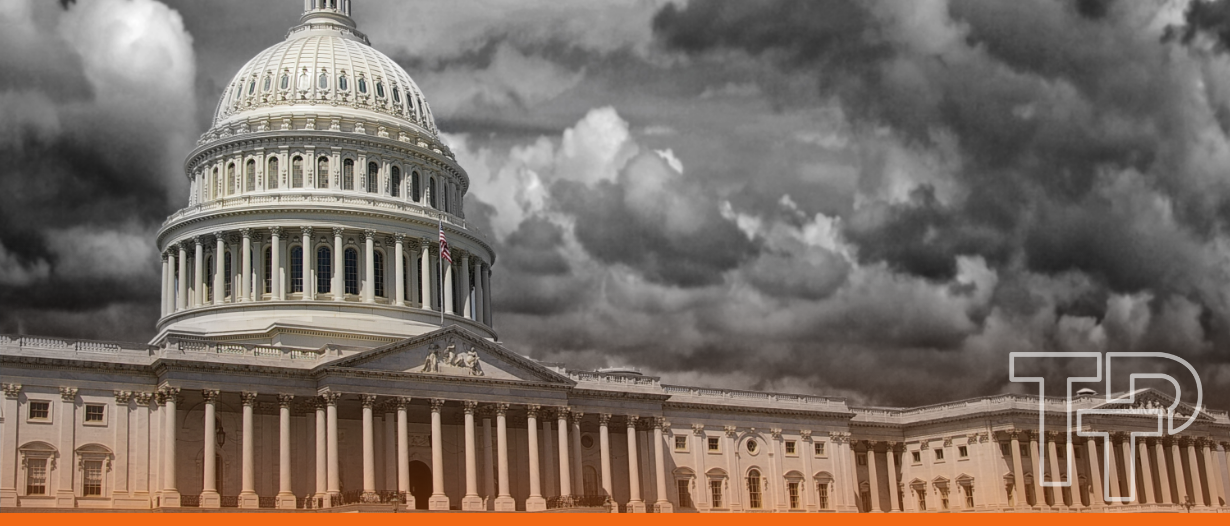PODCAST | Cross-border payments at a crossroad
Alan Koenigsberg
Jun 07, 2025
 Carter Hoffman
Apr 10, 2025
Carter Hoffman
Apr 10, 2025

2 April 2025
US President Donald Trump has announced his long-promised import tariffs in what he termed America’s “economic declaration of independence”.
Speaking from the White House Rose Garden, the US President introduced a 10% baseline tariff on all imports, alongside country-specific measures including a 10% tariff on UK goods and a 20% tariff on those from the European Union, declaring the move a response to decades of what he described as “one-sided” trade practices.
Trump said, “Today is Liberation Day. From now on, we take care of our own.”
The measures were enacted immediately via a pair of executive order signed after the President’s address and are among the most comprehensive import controls introduced by a US administration in modern times.
According to Trump, the tariffs are designed to redress what he characterises as structural imbalances and persistent trade deficits. Citing examples ranging from agriculture to automotive, he argued that the US has for too long absorbed the costs of globalisation while its partners maintained protective trade barriers.
The President said, “They charge us, we charge them. How can anybody be upset?”
The administration has framed the new tariffs as a shift in American engagement with the global economy designed to incentivise domestic production while generating revenue for the state.
Global financial markets responded with caution. Equity indices across Europe and North America posted modest declines, with automotive and retail sectors leading losses. US bond yields fell slightly. While some domestic manufacturing groups welcomed the move, broader sentiment remains cautious.
Some commenters are relieved that the measures against the UK were held to 10%, rather than being larger, as many had predicted.
The new policy will apply across all product categories, although exemptions may be available down the road to countries that remove their own tariffs and end other regulatory barriers.
“If you build your product right here in America, there’s no tariff,” he said.
There are indications that further tariffs—potentially on services or digital trade—are under review. Officials also hinted at forthcoming policy tools aimed at addressing non-tariff barriers, such as food standards and VAT regimes.
The long-term impact will largely depend on how key trading partners respond with both the EU and China assessing their options.
For the moment, the administration is betting that this policy reset will force a recalibration of global trade, with Trump arguing that the benefits (i.e., job creation, domestic investment, and trade balance correction) will outweigh the risks.
“This is the golden age of America,” Trump declared, closing his remarks to applause.

Tod Burwell
Jun 06, 2025
Trade Treasury Payments is the trading name of Trade & Transaction Finance Media Services Ltd (company number: 16228111), incorporated in England and Wales, at 34-35 Clarges St, London W1J 7EJ. TTP is registered as a Data Controller under the ICO: ZB882947. VAT Number: 485 4500 78.
© 2025 Trade Treasury Payments. All Rights Reserved.